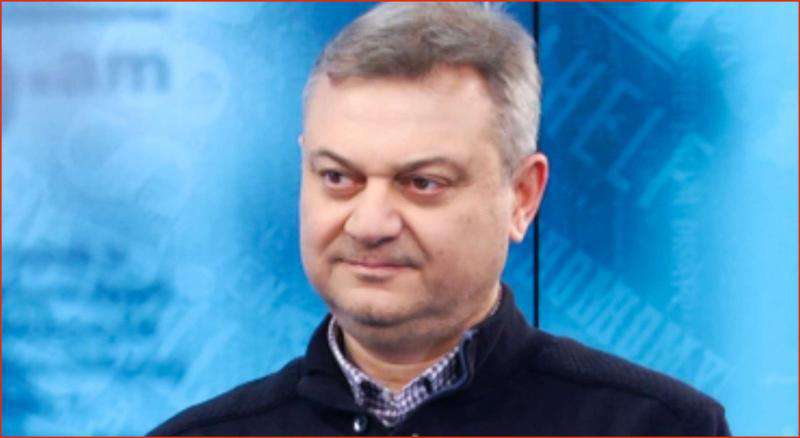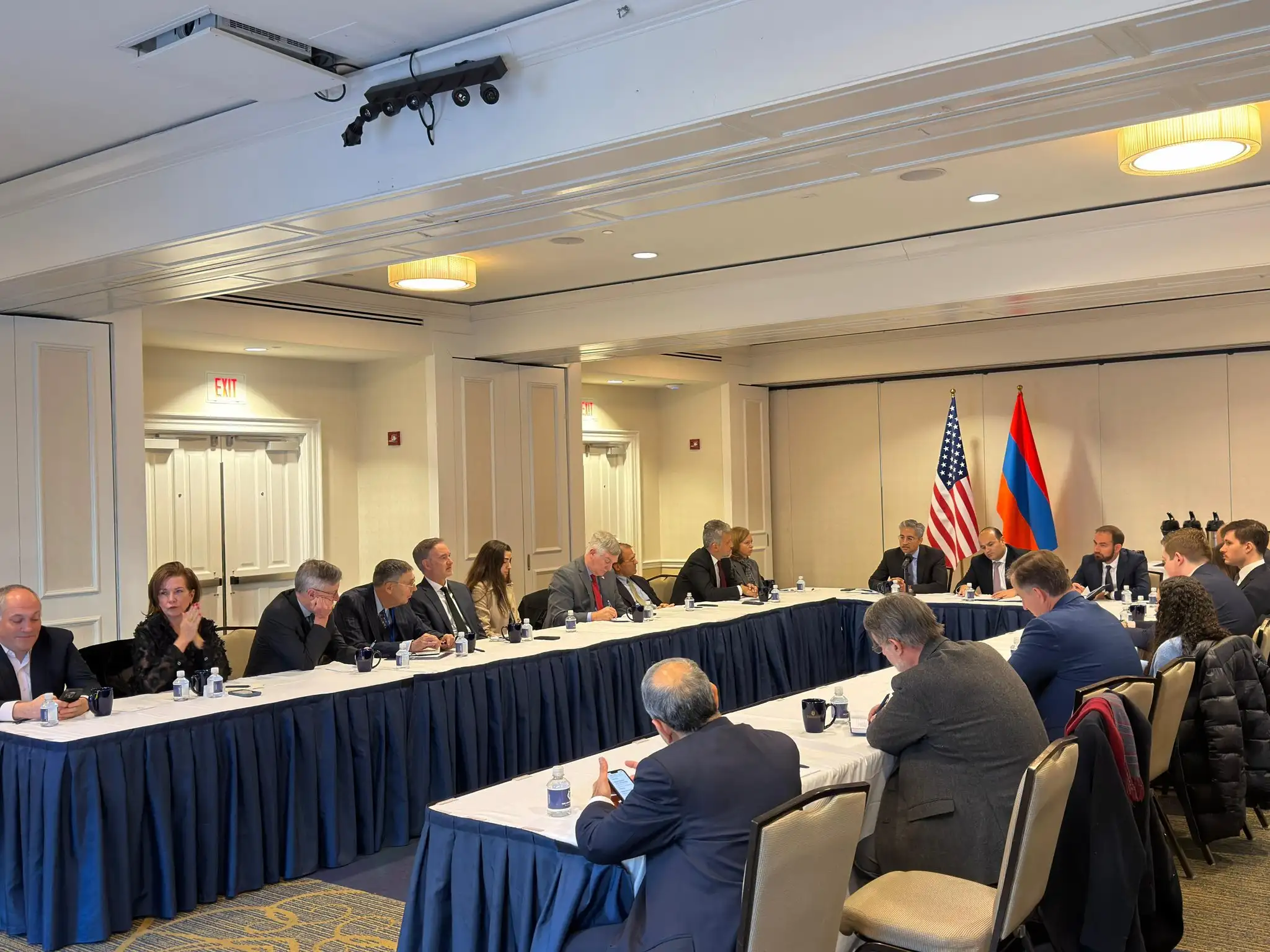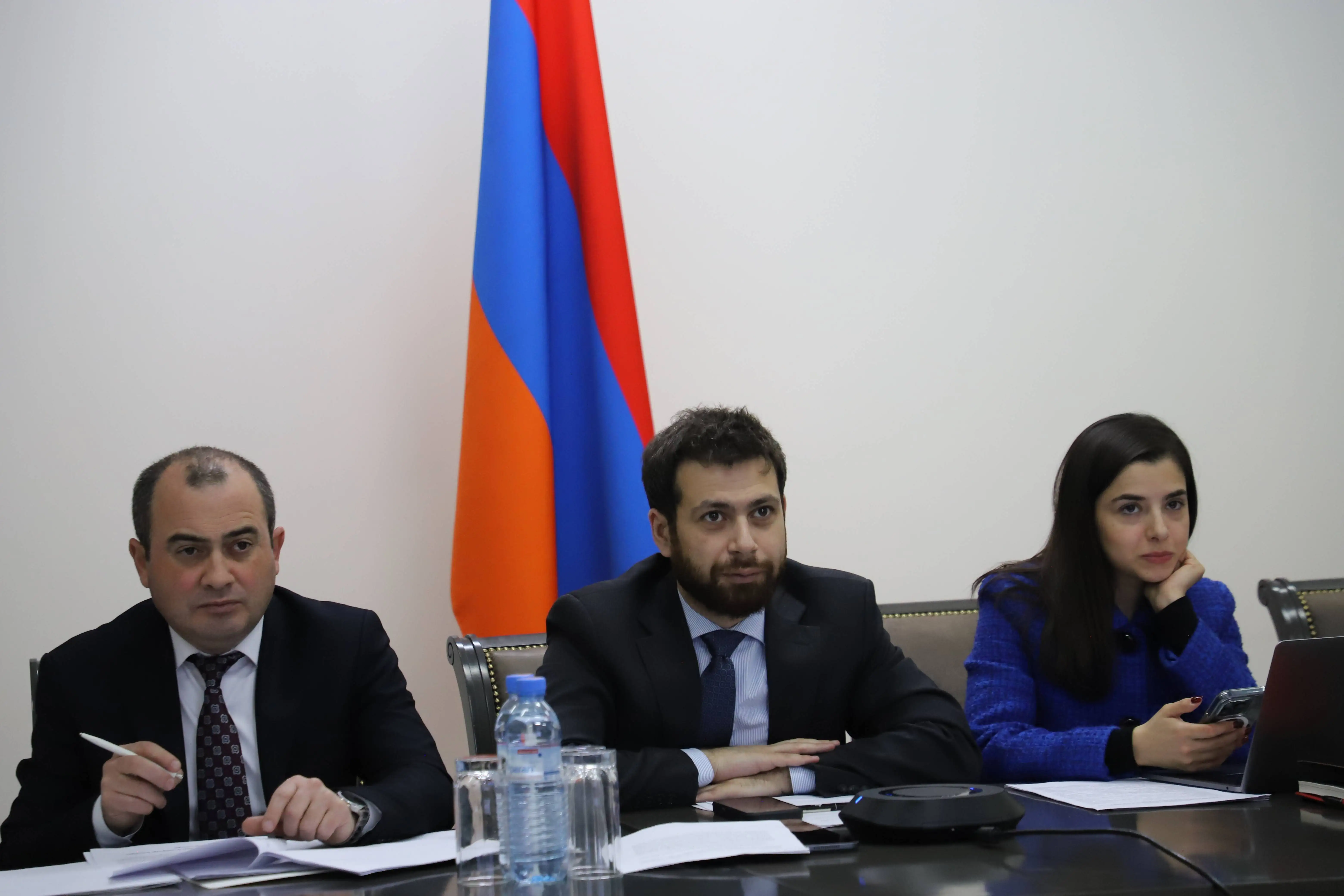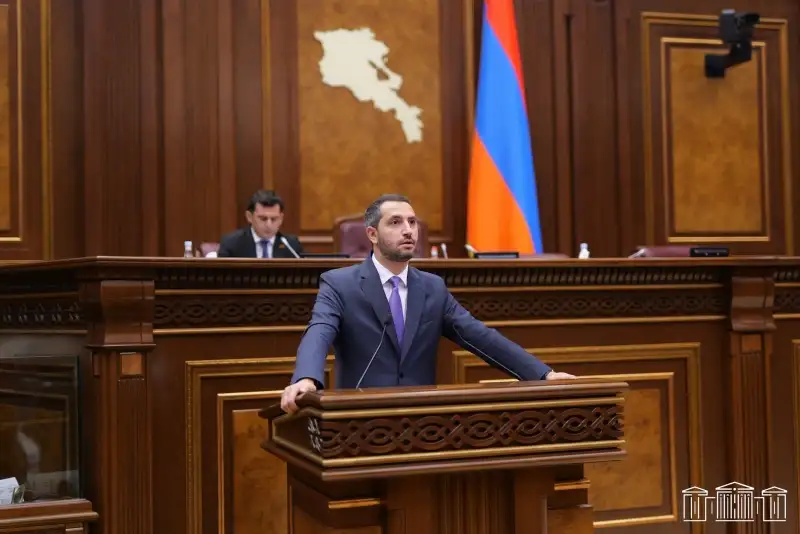Radar Armenia's interlocutor is Shahan Gantaharyan, an international scholar.
- The acting chairman of the OSCE visited the region, including Armenia. Considering the latest Azerbaijani military provocation, what significance can this visit have in stabilizing the area?
- The quick visit of the OSCE Chairman-in-Office sums up three points at a glance. First, let's note that it is a regional visit in the sequence of Tbilisi-Baku-Yerevan. Succession has political significance. In this case, instead, he discussed the latest events of the conflict with Baku; then, he went to consult with the representatives of Yerevan about the results of those discussions. Second, it was confirmed that the OSCE Minsk Group was frozen and not dissolved. It was also said that the OSCE has other instruments, besides the Minsk Group, in terms of remaining involved in establishing stability and peace. This is important because if they want to avoid working with Russia in the Minsk Group, they will resort to other steps and tools to stay involved in the process and the region. But there is an important nuance here. The OSCE Minsk Group was authorized to carry out a mediating mission in the Artsakh conflict. The agenda is generally about Armenia-Azerbaijan peace, so they discuss other instruments and formats. In this context, the task of replacing the Armed Forces with border guards was discussed, and the example of North Macedonia was cited in the direction of establishing peace. Let's remember that the acting chairman of the OSCE is the foreign minister of North Macedonia. The border guard mission can be carried out by agreement and assignment with another country. There is an indirect subtext here. The OSCE can be part of the mission of the border guard forces.
- In general, from the point of view of stabilizing the region and regulating Armenian-Azerbaijani relations, what does the OSCE have to do if we consider the disagreements of the OSCE member states?
- The mediation or guarantee conflict continues. The OSCE is trying to propose an alternative border guard to Russia. The mediation game should be balanced under these conditions. It is a geopolitical competition between the forces, and there have been no precedents for breaking the status quo. The competitive clause will continue.
- There is an assertion that Azerbaijan, by involving Armenia in provocations, is trying to assume the role of a victim in the eyes of the West. In your opinion, will the EU observers correctly record what happened, and what will follow after the record?
- The EU, other EU-related structures, and EU member states, especially France, have made targeted statements and presented demands. Moreover, the international court decided Azerbaijan should keep the corridor closed, invade and shoot. When the EU starts applying a policy of sanctions against Baku, the pressure on Azerbaijan will begin to be significant. Otherwise, the positions remain declarative, which will not affect Baku.
- Considering the latest provocation, to what extent is the deployment of the CSTO peacekeeping mission necessary for Armenia, and how should the Armenian side position itself?
- A peacekeeping, border guarding mission is necessary. Otherwise, territorial infiltrations will continue. It is pressure to carry out demarcation and boundary, which are pressures to speed up the demarcation process. CSTO's offer is perceived as a package in this sense. We are not talking about a mirror withdrawal of troops but a unilateral one. Azerbaijan has invaded the territory of Armenia, and the process should be conditioned by the return of the Azerbaijani troops to the points of departure after that, determine the areas of deployment of the peacekeepers, which is interconnected with the boundary and demarcation processes.
Hayk Magoyan




















